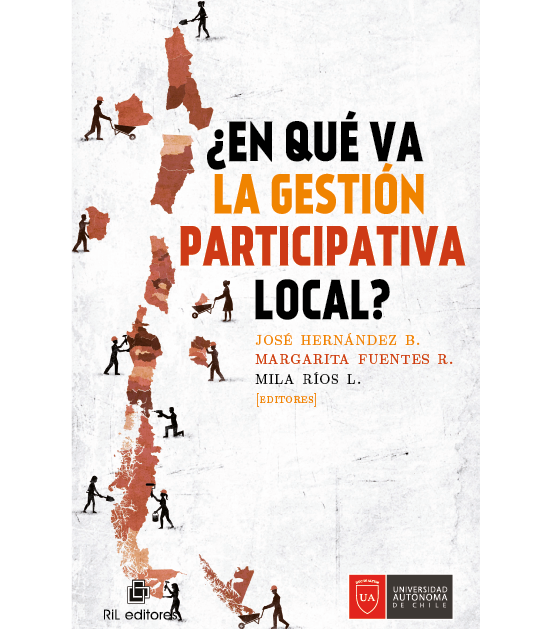Mostrar el registro sencillo del ítem
Effects of Parkinson's disease in the perception of temporal aspects of speech
| dc.contributor.author | Ramírez Quilape, Alejandra Andrea | |
| dc.contributor.author | Riffo Ocares, Bernardo | |
| dc.date.accessioned | 2020-09-22T13:06:58Z | |
| dc.date.available | 2020-09-22T13:06:58Z | |
| dc.date.issued | 2020-06-30 | |
| dc.identifier | 10.15443/RL3003 | |
| dc.identifier.issn | 07167520 | |
| dc.identifier.uri | https://hdl.handle.net/20.500.12728/6881 | |
| dc.description.abstract | The decrease in dopamine in the basal ganglia (BG) is the main cause of Parkinson's disease (PD). In addition to motor dysfunctions, individuals with PD have cognitive disorders that include deficits of attention and temporal control, perception of the rhythm of music and speech, and language processing. The striated-thalamus-cortical circuit (ETCC) participates in musical and language comprehension. People with PD have problems to distinguish rhythmic structures because the BG function is affected, and therefore, the control of their internal pulse in the ETCC. However, it has been found that people with PD can improve their internal temporal synchronization by accompanying temporarily predictable external auditory cue. Studies argue that kind of signals can compensate for the ETCC dysfunctional pathway through an interface with the cerebellum-thalamus-cortical circuit (CTCC) which is sensitive to the coding of temporary events. | es_ES |
| dc.language.iso | es | es_ES |
| dc.publisher | Universidad de la Serena, Departamento de Artes y Letras | es_ES |
| dc.subject | Basal ganglia | es_ES |
| dc.subject | Language comprehension | es_ES |
| dc.subject | Parkinson's disease | es_ES |
| dc.subject | Rythm | es_ES |
| dc.title | Effects of Parkinson's disease in the perception of temporal aspects of speech | es_ES |
| dc.title.alternative | Efectos de la enfermedad de Parkinson en la percepción de aspectos temporales del habla | es_ES |
| dc.type | Article | es_ES |


